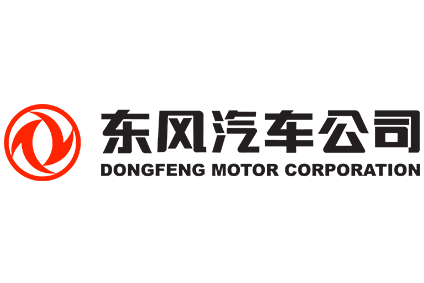
PSA Group and local partner Dongfeng Group have agreed to cut thousands of jobs in China and drop two of their four shared assembly plants, according to a document seen by Reuters, in a desperate bid to curb mounting losses as the world's largest auto market tanks.
Dongfeng Peugeot Citroen Automobiles (DPCA), the carmakers' joint venture based in Wuhan, central China, will halve its workforce to 4,000 as it closes one plant and sells another under plans agreed last month between PSA chief Carlos Tavares and Dongfeng chairman Zhu Yanfeng, the document seen by the news agency showed.

Discover B2B Marketing That Performs
Combine business intelligence and editorial excellence to reach engaged professionals across 36 leading media platforms.
Both carmakers declined to comment on details of their restructuring plans.
"We are working with our partners to improve the overall performance of our business in China in all its dimensions," a PSA spokesman told Reuters.
Two Reuters sources at Peugeot said the agreement may avert a threatened withdrawal by PSA. Tavares had signaled PSA might otherwise exit the 27-year-old partnership with its 12.2% shareholder Dongfeng, or even leave China altogether.
"We're just a whisker away from having to withdraw from China," one person close to the PSA board told Reuters.
"It really is that serious."
Reuters noted the Chinese market contracted last year for the first time since the 1990s and was expected to decline another 5% in 2019, squeezed by a worsening US-China trade war.
Many western carmakers were already struggling before the downturn, as Chinese consumers abandoned their mid market brands for increasingly assertive domestic rivals including the global manufacturers' own local partners, the report noted.
PSA's deep China problems go back even further, spanning four years of plunging sales and EUR400m (US$450m) written off its DPCA stake, which is now valued at EUR500m.
Its sales in the country shrunk almost three times to 251,700 vehicles last year from a 2014 peak of 731,000.
"We're not giving up," a PSA spokesman told Reuters.
"We are still pursuing our action plan to cut fixed costs."
Reuters said DPCA would now close its original assembly plant, Wuhan 1, and redevelop the site in a commercial partnership with the local government. Tooling and production would be transferred to the Wuhan 3 facility.
Headcount across DPCA would fall from 8,000 to 5,500 by the end of 2019 and to 4,000 within another three years, as it also sells off its idling Wuhan 2 facility, according to the document sen by Reuters – which noted ongoing discussions with unidentified potential buyers.
Underperforming vehicles will be dropped as the Peugeot and Citroen ranges are streamlined around more profitable models, mirroring the European turnaround strategy now powering record margins in PSA's home markets.
Reuters said the carmakers' dealings had often been fraught, and PSA executives including Tavares had voiced frustration with DPCA's management.
The French group's shares briefly spiked on a 7 August report Dongfeng was preparing to divest its PSA stake, acquired in a 2014 bailout.
Asked by analysts about China operations, Tavares pledged during PSA's 24 July earnings call to "accelerate variable cost reduction, reduce fixed cost" and boost pricing.
"Our partner is in the same mindset," he said of Dongfeng.
"They also want to accelerate."
Reuters said the restructuring faced hurdles, not least the challenge of finding a Wuhan 2 buyer amid mounting uncertainty – although Chinese government restrictions on greenfield sites may help.
Over the past 18 months, Dongfeng's chairman Zhu tried repeatedly to persuade Honda or Nissan to take over one of the DPCA plants, Reuters reported on 1 August.






